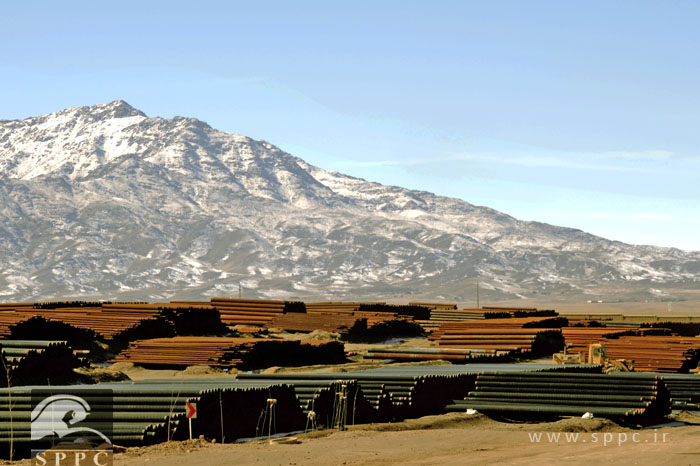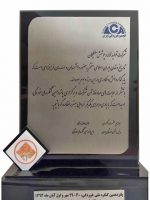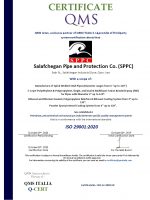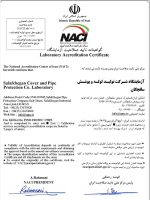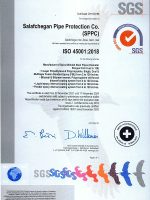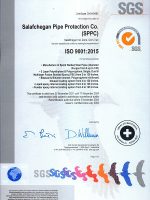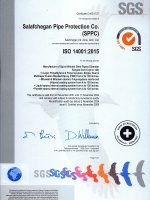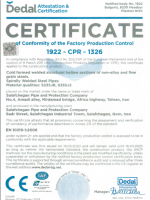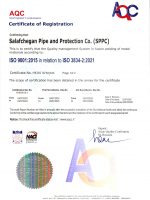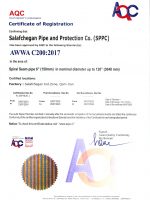SPPC’s Yard
Pipe Corrosion
Pipeline corrosion is a natural deterioration and destruction of pipe material and essential properties due to electrochemical and other ingredient reactions of pipeline materials with their environment – on the inside as well as outside surfaces.
Like any other naturally occurring hazard, a pipeline corrosion can result in a life threatening failure and expensive damage to the pipeline and related system.
Pipeline corrosion occurs naturally, due to the gradual and continuous environmental attack on pipe materials. It can happen on inside as well as outside surfaces.
Pipe materials affected by corrosion include metal and non-metal pipes, pipe joints, welds and surface coatings.
An example of pipeline corrosion is metal rusting in the presence of moisture and oxygen, which results in the formation of oxide of the metal, such as iron.
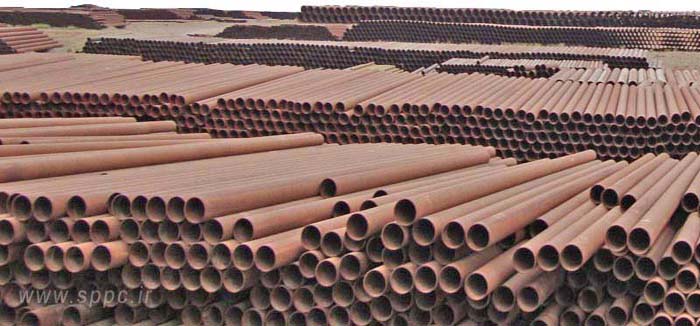
Pipe Corrosion Protection
Corrosion protection is required to maintain the integrity of a buried pipeline system and coatings are the primary protection for a pipeline.
As a buried pipeline is subject to corrosive attack if it is in contact with a wet environment, coating the pipeline to isolate it from this corrosive environment is an obvious approach to corrosion control.
Since no coating system is defect free, cathodic protection is used to provide supplementary protection.



